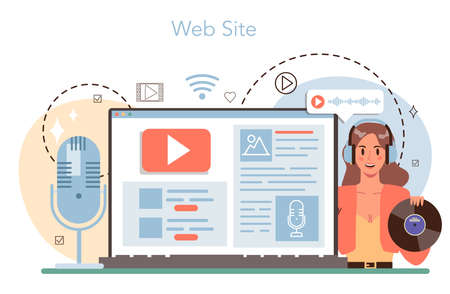How to Use Google Search Console for UK-Focused Mobile SEO Improvements
Introduction to Google Search Console in the UK ContextGoogle Search Console (GSC) is an essential tool for digital marketers and webmasters aiming to optimise their websites for search engines. For UK-based businesses, GSC offers unique opportunities to gain actionable insights that are specific to the British market. By leveraging its suite of features, organisations can…








